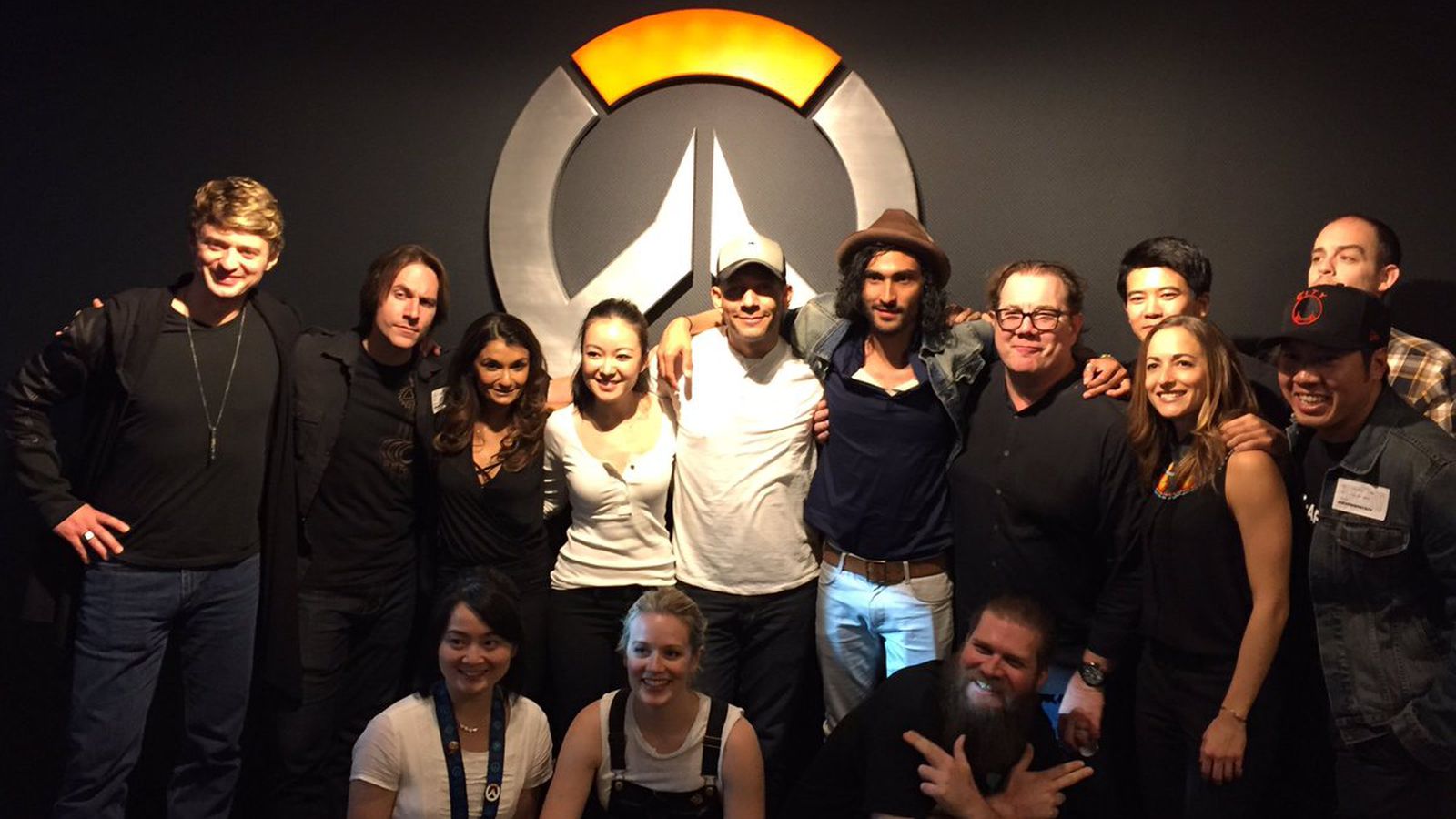

And because they're not seeing you, you will have to have a level of commitment and level of engagement that really makes this stuff stick. The quality of performing, it always depends on the presence of the actor. That is, you can only deal with what's in front of you and how you deal with it. I think it just confirms certain things that I have a tendency to feel. So I was into that.īut as far as what I learned, I don't know. I knew Daisy Ridley and James McAvoy were already committed to the project, so I thought, “Wow, it'll be fun to bounce off them because they're both very good actors.” I had worked with Daisy on a Kenneth Branagh film called Murder on the Orient Express, and I liked her a great deal. Willem Dafoe: Yeah, Luis pitched it to me and it obviously was a project he deeply considered, and that this was not just an exercise. What initially attracted you to this game, and did you feel you learned something from this experience? But Twelve Minutes actually feels more in line with much of your dramatic efforts in film. You’ve worked on the Spider-Man video game, played a Bond villain in Everything Or Nothing, and even worked with Elliot Page on Beyond: Two Souls. Willem, I know there’s been much talk about your role in the game, but you actually have a lot of experience working on games. A lot of it happens in your head, and how you're reading what's happening as you go through each loop, and you learn more about the characters involvedĪnd you also have a great cast for this game. But once you jump over that barrier, it becomes a lot about your interpretation of what's happening, and then the nuance of the acting comes in to really make it. Willem’s character coming in and beating up the husband every loop is a big motivator to stop what's happening.

The other big element was removing any clear objectives for the player. So with every loop you can unravel enough things to know where to go, and learn enough things that will keep you going. Like what are the angles that are worth spending our time with, and it quickly became about these characters understanding who they are, where they come from, and why they're doing what they're doing.ĭeveloping these characters became a lot about creating these motivations that made sense to the gameplay beats and kind of the rhythm of the design, as well as restricting them enough. So I just started to ask myself these questions of what's interesting about it. Games already have this nature of repetition where you die-you lose, and you go back to the beginning. Luis Antonio: The starting point for Twelve Minutes was just exploration of the accumulated knowledge in video games, and how that could become useful when dabbling into these different time loops. Now Playing: Twelve Minutes | Xbox + Bethesda E3 2021Įditor’s Note: This interview has been edited for clarity and readability.įor Luis, can you start off with talking about what the initial vision was for this project?

By clicking 'enter', you agree to GameSpot's


 0 kommentar(er)
0 kommentar(er)
